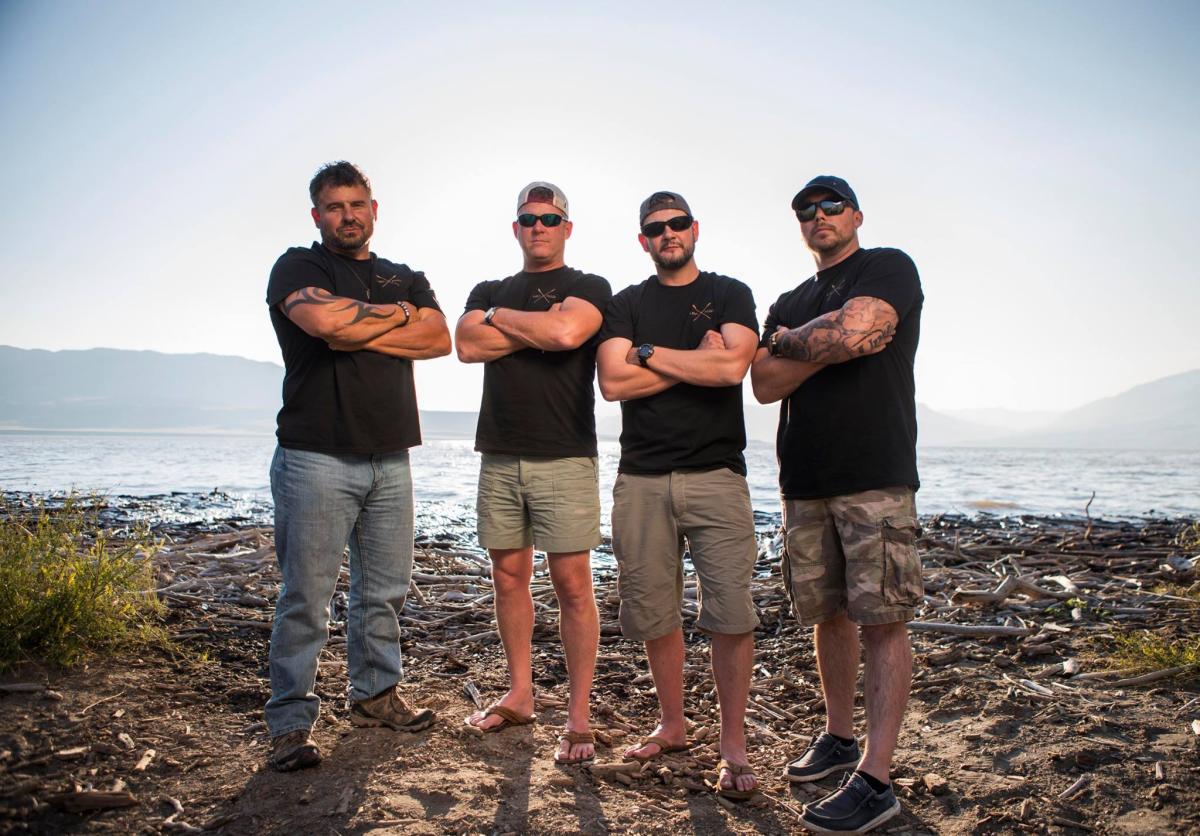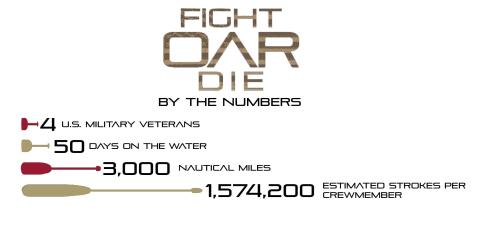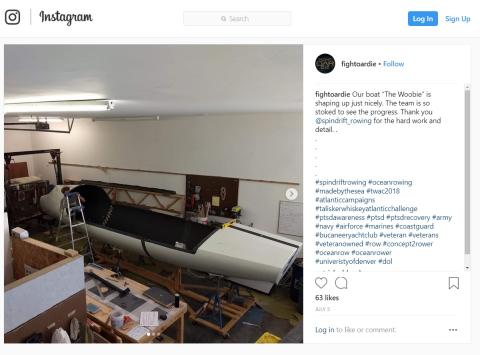Vets to Row 3,000 Miles to Redefine Mental Health
DU psychology professor prepares team for a transatlantic journey

The first question is always: “Why?”
As in, “Why would you ever want to row across the Atlantic Ocean?”
The answer, for Alex Evans, belies the 50-foot waves, violent storms and long nights that will push a team of never-before rowers to their limits.
“You gotta do something insane in order to get attention anymore, right?” he says. “You can’t just hold a 5K anymore. That’s boring.”
So instead, Evans and a team of three other U.S. military veterans are taking on a 5555K. That’s 3,000 nautical miles — the distance from Spain’s Canary Islands to the Caribbean’s Antigua and Barbuda.
And what makes that worth laboring through? The opportunity to make waves on an issue that for too long has simply treaded water. Evans and his squad want to call attention to and destigmatize the mental health issues that have plagued American veterans — the same issue the University of Denver’s Graduate School of Professional Psychology (GSPP) is working to reframe.
“There’s a stigma associated with veterans reaching out for mental health care,” says Evans, the skipper. “It’s the appearance of weakness.” In addition to their own personal struggles, most veterans, he explains, know someone who has committed suicide.
The rowing team is known as Fight Oar Die, and its members, with extensive help from the GSPP’s Jacob Hyde, are training for the race of a lifetime. More than 30 other competitors from around the world will test the ocean waters in December’s Talisker Whisky Atlantic Challenge, known as the premier event in ocean rowing. Evans, a former infantry paratrooper, and his teammates—Beau Maier (who served with Evans as an infantry paratrooper), Bryant Knight (Army Special Forces) and Christopher Kuntz (Army Rangers, Special Forces)—will be the first all-American team of veterans to make the voyage in this way.
“I think our message is just showing people through our example that they're not weak,” Evans says. “I think it’s important that a group of veterans stand up and bare themselves and tell our stories."











